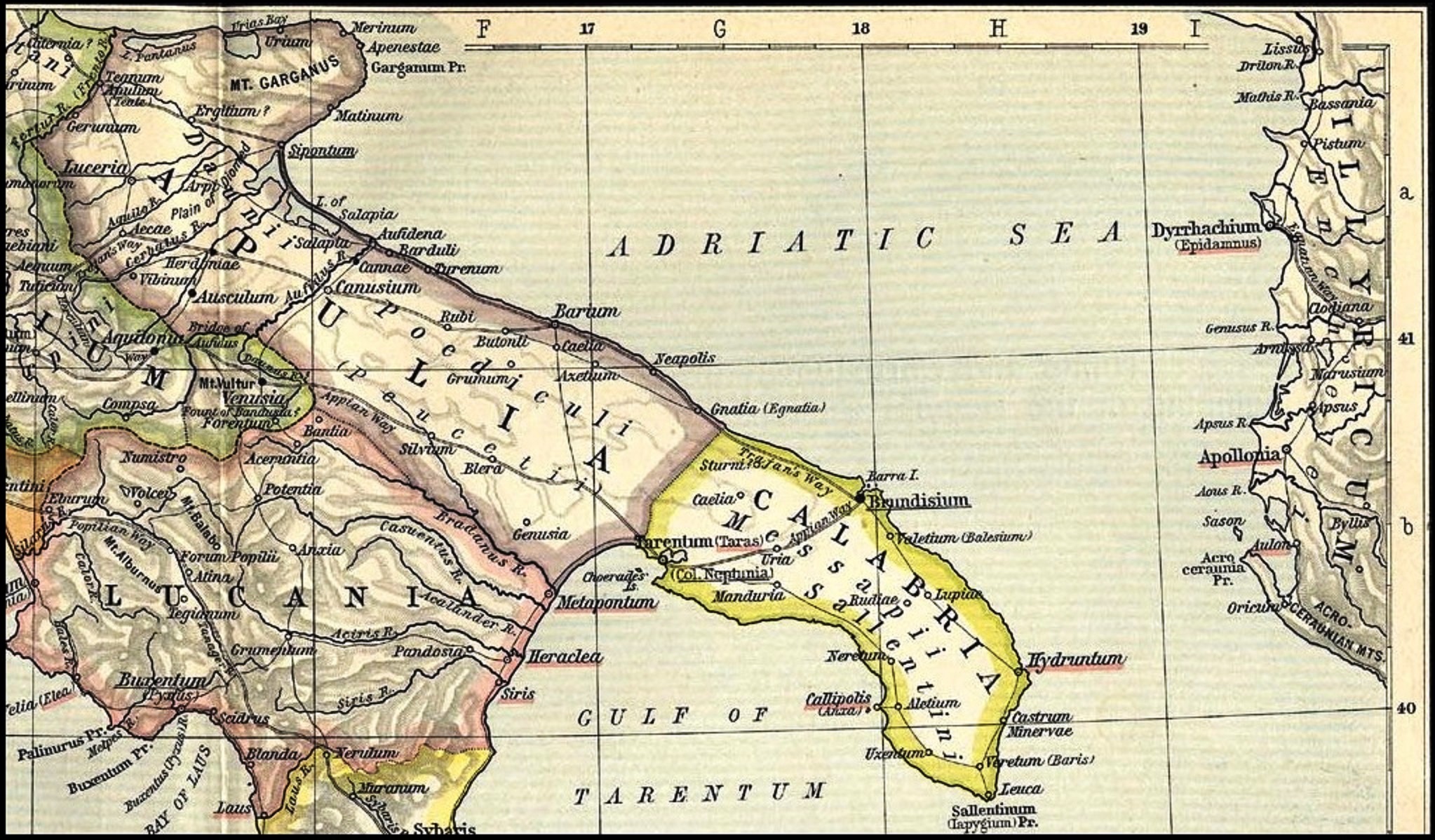Johane Derite
Regular Member
- Messages
- 1,851
- Reaction score
- 886
- Points
- 113
- Y-DNA haplogroup
- E-V13>Z5018>FGC33625
- mtDNA haplogroup
- U1a1a
Matzinger is a next level hoaxer. You can't etymologize exonyms to that detail. Maybe try to find a root word or two, but you can't pretend that's the EXACT form of those words. This dude unironically thinks Illyrian names ended in "um". That's how Romans wrote it. Imagine trying to etymologize "Austria" by ignoring the fact that the locals call it "Osterreich".
I am saying this with respect, but this just comes across as major cope. Read the book, it is available for purchase online, and even if you do not understand german, google translate will get you 90% there.
He explicitly covers all the points about possible limitations of greek and latin mediation of toponyms, etc, and the "um" you are referring to is not the "suffix" you think it is.
"This dude unironically thinks Illyrian names ended in "um""
No, he doesn't, that isn't what the argument is, so you are arguing with an imagined straw man in your head.
It is the reflex of these four syllabic resonants:
r̩
l̩
m̩
n̩
In Albanian, these gave:
r̩ -> ri
l̩ -> li
m̩ -> a
n̩ -> a
In Illyrian, based on anthroponyms and toponyms:
r̩ -> ur
l̩ -> ul
m̩ -> um
n̩ -> un
He constantly remarks about how cautious we have to be with these names and toponyms because names tend to desemantize,
and the Latin or Greek scripts might not represent phonetically the Illyrian sound system well, and so the entire point of the book
is to extract a bare minimum of Illyrian language features (morphology, sound laws,) while eliminating greek, latin, celtic, etc,
contamination.
Last edited:









